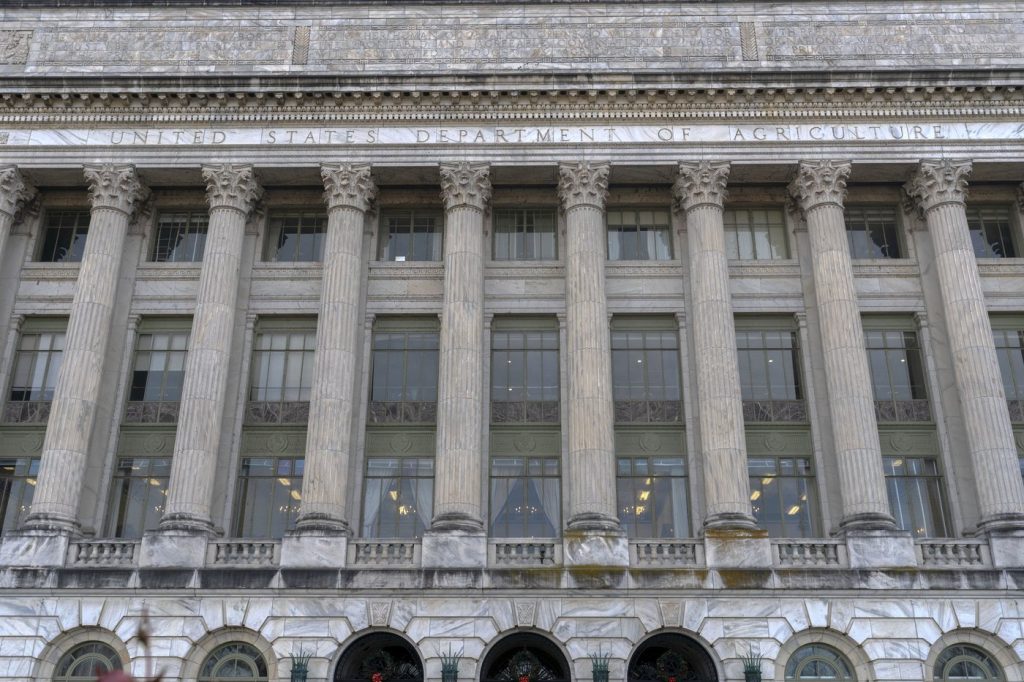WASHINGTON (AP) — The U.S. Department of Agriculture (USDA) has put on hold the 1890 Scholars Program, which was designed to support students from underserved and rural areas attending historically Black colleges and universities (HBCUs). This program provided recipients with full tuition and fees for those pursuing degrees in agriculture, food, or natural resource sciences at one of the 19 designated 1890 land grant institutions.
The precise timing of the suspension remains unclear; however, it was around Thursday when some members of Congress began voicing their concerns regarding this decision. A request for additional information was sent to the USDA on Saturday, but no response had been received by that time. According to a statement on the program’s website, "The 1890 Scholars Program has been suspended pending further review."
This suspension follows a broader funding freeze initiated by the administration of former President Donald Trump. Officials associated with the Trump administration stated that the pause in funding was essential to ensure that federal spending aligned with Trump’s executive orders, particularly concerning climate change as well as diversity, equity, and inclusion initiatives. This freeze has been met with legal challenges, including a temporary restraining order on the executive action that is currently in effect.
The universities impacted by the suspension of the 1890 Scholars Program include prominent institutions such as Alabama A&M University, Florida A&M University, North Carolina A&T State University, and Tuskegee University, among others. Established in 1992, the scholarship program's name references the Second Morrill Act of 1890, which laid the foundation for the establishment of HBCUs.
Eligibility for the 1890 Scholars Program requires applicants to be U.S. citizens, maintain a minimum GPA of 3.0, and gain acceptance to one of the 19 land grant universities. Moreover, candidates must be pursuing studies in agriculture or related fields while also demonstrating leadership abilities and community service, as outlined on the USDA’s website.
As of October, the USDA reported that it had allocated $19.2 million for the program, and during the fiscal year 2024, it had awarded scholarships to 94 students. This considerable financial support was aimed at increasing access to higher education for students from less privileged backgrounds, thereby fostering a more diverse and equitable educational landscape.
In summary, the suspension of the 1890 Scholars Program raises significant concerns regarding the future opportunities for students aiming to pursue education in critical fields related to agriculture and the environment. The decision reflects broader challenges related to funding and support for diversity initiatives in higher education, particularly at historically Black colleges and universities.











